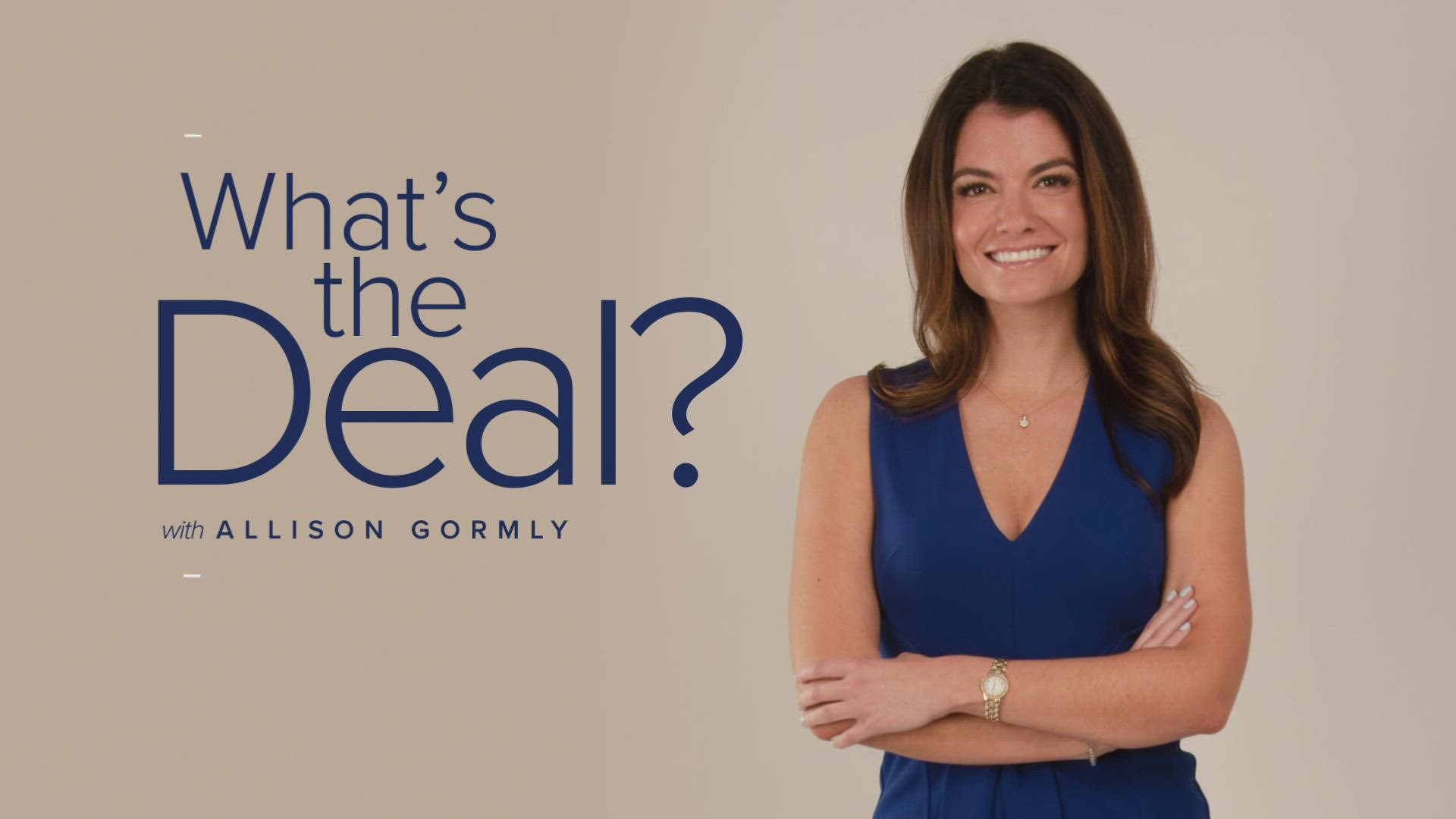INDIANAPOLIS — When it comes to student loans, the first thing you want to do is figure out what's private and what's federal.
That's because each type has different things to consider.
Federal loans
If your loans are federal, Cecilia Clark with NerdWallet says don't touch them until the government's pause on payments ends.
"Hold off until February. Right now, your federal student loans, you have no payments on them. So even if you get a lower interest rate than you normally had with your federal student loans, you can't beat zero," Clark said.
Refinancing federal loans could also jeopardize the certain protections in place.
"If you have federal student loans, you can get on an income-driven repayment plan, which will set your payments in accordance to how much money you make, how much expendable income you have. That benefit is typically not available with private lenders," Clark said.
Private loans
As for private loans, Clark said now is a good time to refinance.
Unlike refinancing a home, there are no pricey closing costs associated with student loan refinancing — it's just credit hits that come with any loan inquiry.
"If you are in a good financial position and you want to lower your student loan bill, pay your student loans off faster, or improve your debt-to-income ratio, then refinancing could be a good option for you," Clark said.
Clark adds that your credit score should be at least in the high 600s, ideally higher.
Also, shop around for the lowest interest rate. The goal of refinancing is to save money on interest. Here is NerdWallet's calculator.
Fixed vs. variable rate
If you decide to refinance your private loans, you will be offered a fixed interest rate and a variable rate.
But which one do you pick?
"It's really dependent on what your goals are, what your risk tolerances are, how flexible your finances are and how soon you plan on tackling that debt," Clark said.
If it's going to take you 10 to 15 years to pay it all back, fixed is likely better because your payments won't change.
But if you can pay them off aggressively in a year or two, a variable rate might save you more money because it's usually a lower rate. Just remember, it can go up based on market factors.

